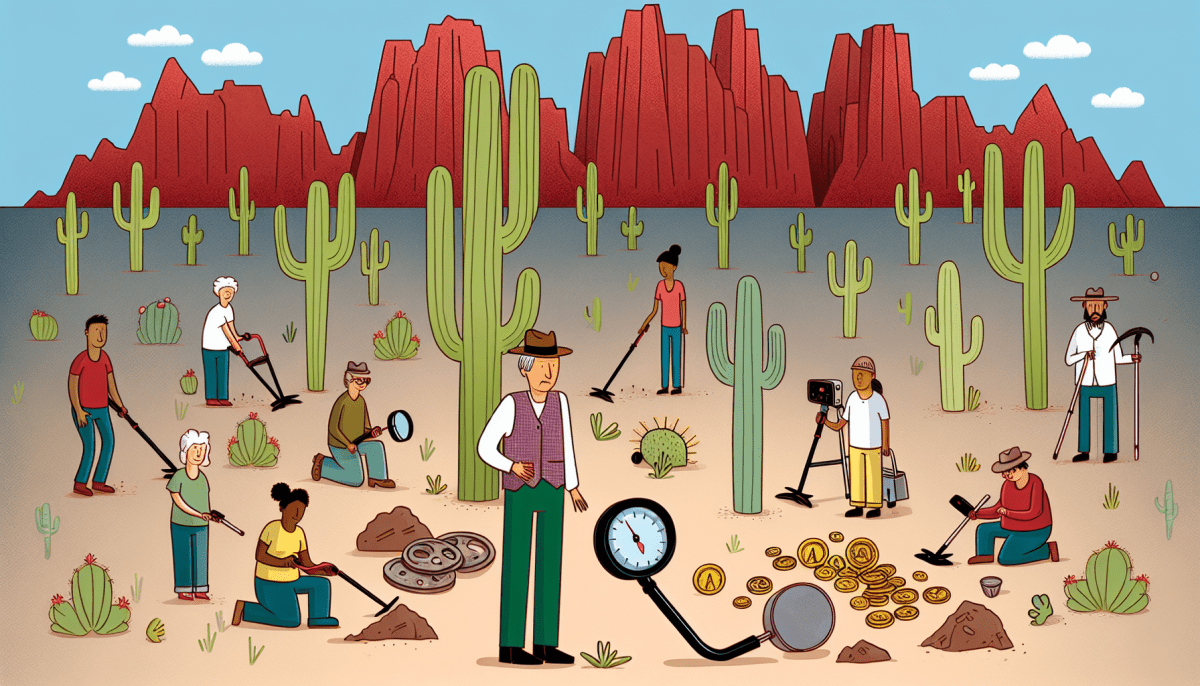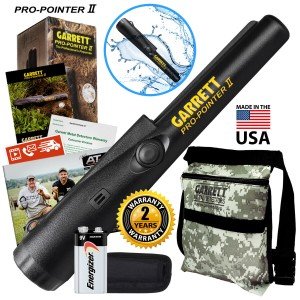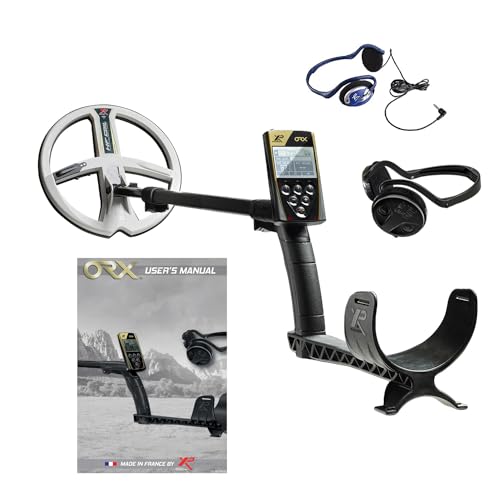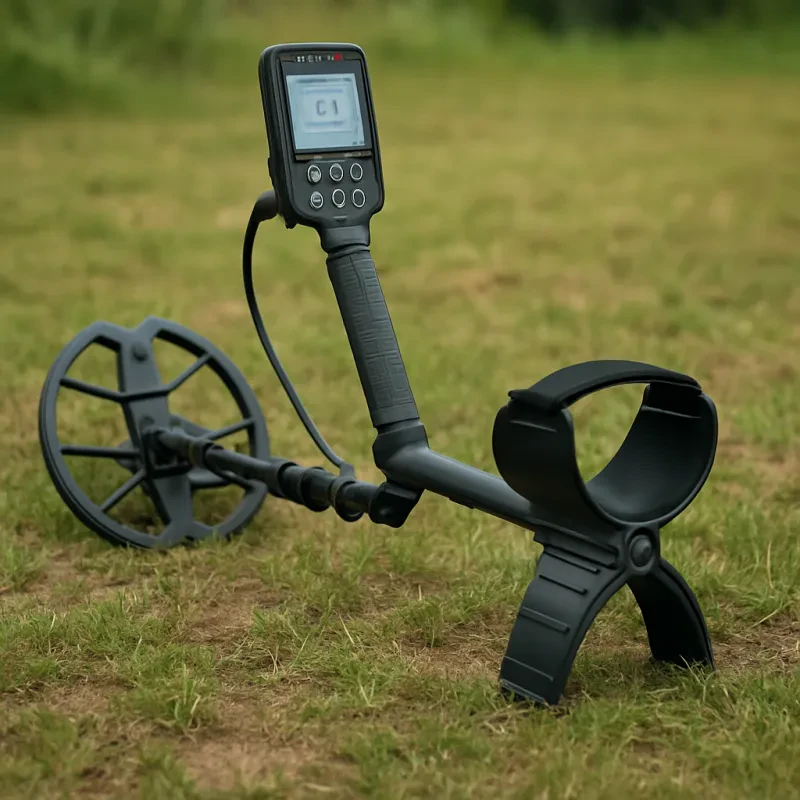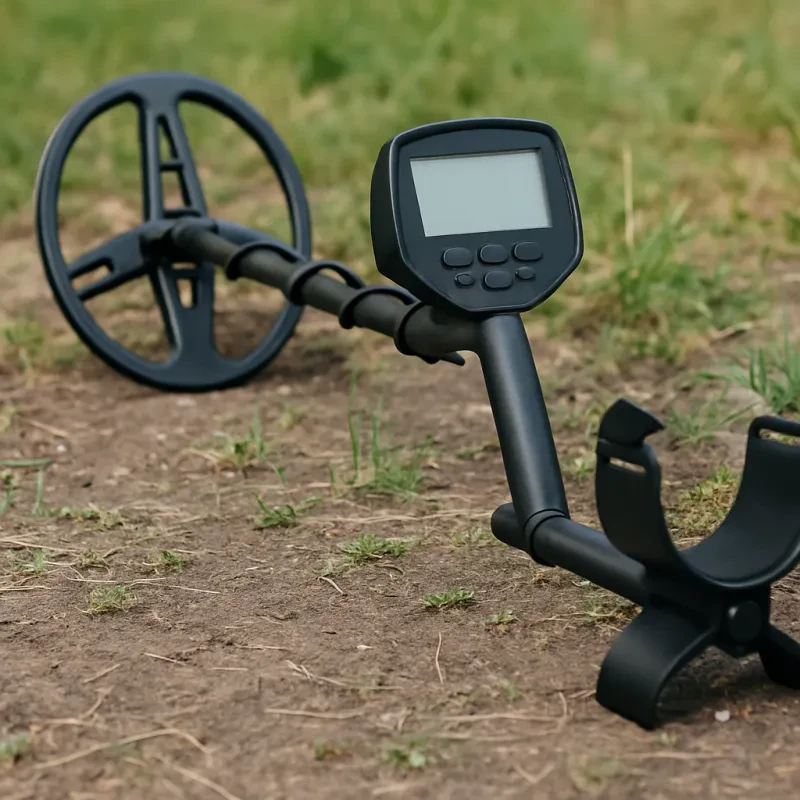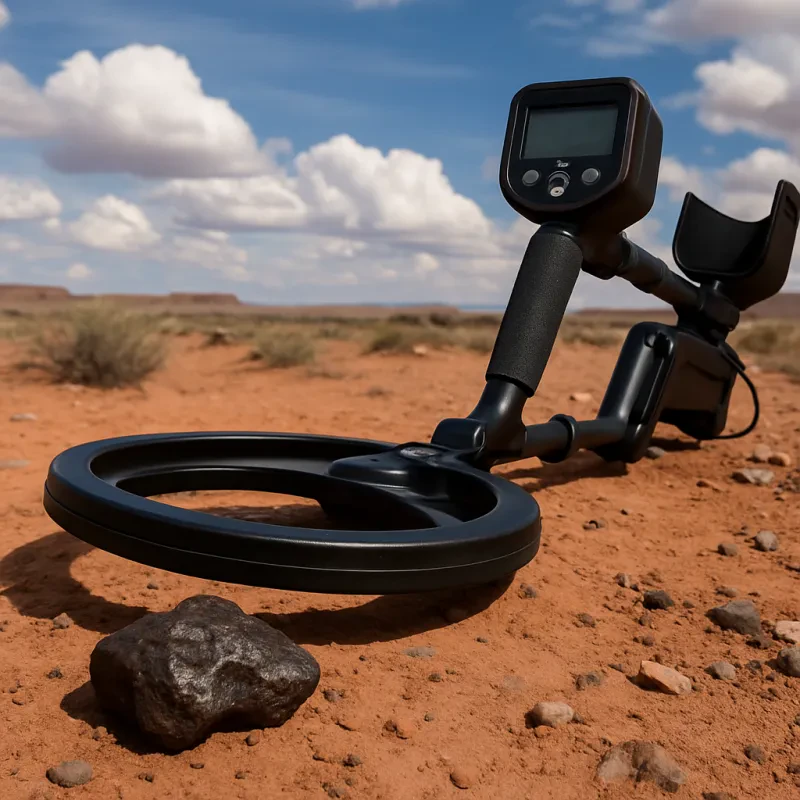€110.10
€93.33
4.19 out of 5 starsGarrett Pro Pointer II Metal Detector Set
Enhance Your Treasure Hunting Experience with the Garrett Pro Pointer II Metal Detector Set
Product information
Product Review Score
Product links
Welcome to "Uncovering Arizona's Metal Detecting Laws: Know Your Rights!" In this article, we will explore the fascinating world of metal detecting in the beautiful state of Arizona. From stunning desert landscapes to historic mining towns, Arizona offers a wealth of opportunities for metal detector enthusiasts to uncover hidden treasures.
Metal detecting is not only an exciting hobby but also an avenue to connect with Arizona's rich history. Whether you are a seasoned prospector or a curious beginner, it is essential to have a good understanding of the state's regulations surrounding metal detecting. With our comprehensive guide, you will gain valuable knowledge about what you can and cannot do when exploring Arizona's public lands with a metal detector.
From the vast expanse of the Sonoran Desert to the rugged mountains of Flagstaff, metal detecting in Arizona opens up possibilities for unearthing relics from the past. You might stumble upon fragments of Native American pottery, remnants of old mining camps, or even rare coins from a bygone era. However, it is crucial to respect the environment, follow the laws, and preserve the historical significance of any artifacts you may discover.
So, whether you're a curious explorer, an avid history lover, or simply seeking a thrilling outdoor activity, join us as we delve into the ins and outs of metal detecting in Arizona. Let's uncover the laws that govern this rewarding hobby, ensuring that you can confidently enjoy your metal detecting adventures while respecting Arizona's past and natural wonders.
Understanding the Legal Framework
Before grabbing your metal detector and venturing out in search of buried treasures in the rugged southwestern landscapes of Arizona, it's essential to familiarize yourself with the state's metal detecting laws. Knowing your rights and responsibilities will not only ensure you have an enjoyable experience, but also help protect and preserve the historical and cultural heritage of the region.
Arizona's metal detecting laws primarily revolve around two key aspects: State Trust Lands and archaeological sites. State Trust Lands, managed by the Arizona State Land Department, are areas designated for various uses such as agriculture, grazing, and recreational activities. Metal detecting is generally allowed on these lands unless specifically prohibited or restricted by the department. However, it is crucial to review and abide by any posted signs or regulations that may apply.
When it comes to archaeological sites, Arizona takes their preservation seriously. These sites are protected by federal, state, and tribal laws, often due to their immense historical or cultural significance. Metal detecting on or near archaeological sites without proper permits or authorization is strictly prohibited. It is crucial to obtain permission from the landowner or relevant authorities before attempting to use a metal detector in these areas to avoid legal complications and potential damage to invaluable artifacts.
Additionally, it's important to note that Arizona's metal detecting laws can vary depending on the specific county or city you plan to explore. Some areas may impose additional restrictions or regulations, particularly in parks, historical sites, or cultural centers. To ensure compliance with local ordinances, it is advisable to research and contact the appropriate authorities or visit their websites for detailed information regarding metal detecting activities.
Key Considerations for Metal Detecting Enthusiasts
If you are an avid metal detecting enthusiast or just starting out in this exciting hobby, it is crucial to familiarize yourself with the metal detecting laws in your area. In the state of Arizona, where the landscapes are rich in history and artifacts, it is essential to know your rights before heading out on your treasure hunts.
First and foremost, it is important to remember that not all public lands in Arizona permit metal detecting. Many national parks and monuments, state parks, and Native American reservations prohibit the use of metal detectors. To avoid any legal complications, be sure to research and identify areas where metal detecting is allowed, such as public beaches or designated recreational areas.
Additionally, always obtain permission before metal detecting on private property. Trespassing is a serious offense, and even if you stumble upon an exciting site unknowingly, you could still face legal consequences. Be respectful of property boundaries and obtain written permission from landowners or property managers to ensure you are within your rights.
Lastly, it is vital to follow ethical practices while metal detecting. Always fill in any holes you dig, leaving the area as you found it. This not only helps preserve the environment but also strengthens the reputation of the metal detecting community. Be sure to dispose of any trash you come across responsibly and report any valuable or historically significant finds to the appropriate authorities. Remember, preserving our past is a collective responsibility.
Your Rights as a Metal Detectorist in Arizona
Welcome to the thrilling world of metal detecting in Arizona! Before you start unearthing historical relics and hidden treasures, it's important to know your rights as a metal detectorist in the Grand Canyon State.
First and foremost, metal detecting is generally allowed on public lands in Arizona, such as national forests and state parks. However, it's crucial to check the specific regulations for the area you plan to search. Some locations may have restrictions or require permits, especially if they are considered sensitive or protected areas.
When metal detecting in Arizona, you have the right to keep any artifacts you find on public lands as long as they are not considered cultural or historical treasures. These include items of significant age or historical value, such as Native American artifacts or pioneer relics. In such cases, it is your responsibility to report the findings to the local authorities or relevant organizations, like the state archaeologist or historical society, who will assess the importance of the discovery.
While public lands offer ample opportunities for metal detecting in Arizona, always respect private property rights. It is illegal to use your metal detector on private land without obtaining proper permission from the landowner. Remember to seek their consent and any guidelines they may have to ensure an enjoyable and legal experience.
Remember, being aware of your rights and adhering to the laws will not only help preserve Arizona's rich history but also ensure that you have a fantastic metal detecting adventure. Happy treasure hunting!
€507.38
€465.03
4.13 out of 5 starsXP ORX Gold Hunting Metal Detector Package
Unleash your gold hunting potential with the feature-rich XP ORX Gold Hunting Metal Detector Package
Product information
Product Review Score
Product links
